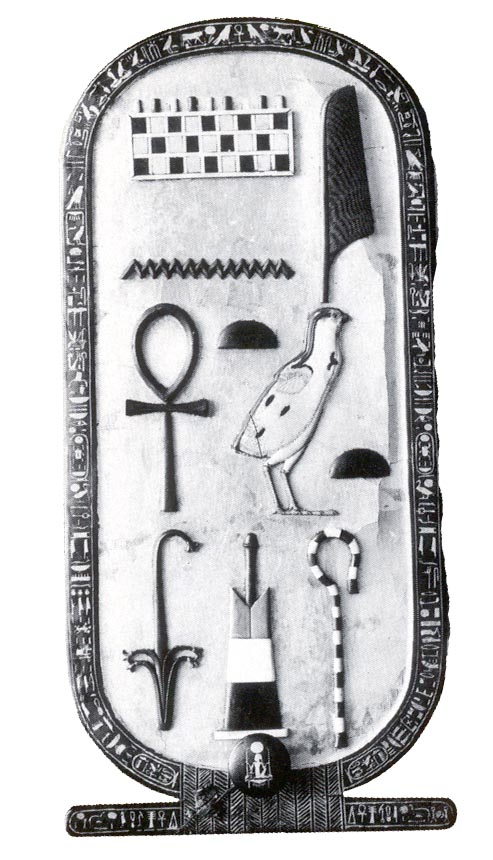January 18, 2005
Lower Case Names?
It is news to me that E. E. Cummings did not insist that his name be written e. e. cummings. Nonetheless, this raises an interesting question. Do people have a right to insist that other people use a particular, unconventional capitalization of their name? If I write Bell Hooks in spite of Ms. Hooks' expressed preference for bell hooks, does she have a legitimate grievance? (I'm not going to link to her web site. It looks ghastly. The color is something out of a nightmare. If you insist, you can find the link in Geoff's post.)
I submit that the answer is "no". People are entitled to choose the name that they go by, subject to a few constraints, but how that name is written is not, for the most part, up to its bearer. That's because names are part of a language, and the way a language is written is governed by socially accepted conventions. Just as a name must conform to the phonological system of the language, so the way it is written must conform to the orthographic conventions of the language. If I were to announce that I wanted everyone henceforth to spell my name <Bille>, though people might think me eccentric, I would expect them to comply, but if I were to announce that I wanted everyone to write my name <⊱⍼>, few people would feel any obligation to do so. The reason is that although <Bille> is not the usual way of writing my name, it falls within the conventions of written English. It uses only letters that are part of the English inventory, the correspondance between letters and sound is canonical, and it is capitalized according to the rule that says that proper nouns are to be capitalized. On the other hand, <⊱⍼>, attractive as it may be, uses characters that are not part of the English inventory. In demanding that people write my name this way, I would be demanding that they extend the writing system of their language in a unique way just to write my name.
Capitalization is part of the social convention for writing English. Like the alphabet, it isn't something that the writing system makes available for manipulation by individual users. Declining to violate the norms of capitalization should be no more offensive to the bearer of the name than declining to write a person's name always at the beginning of the sentence, regardless of its grammatical role. That just isn't the way it is done in English.
Thus, Geoff should feel free to write about Zeiran as he wishes to, even putting Zeiran's name at the beginning of a sentence. Zeiran may not like it, but Geoff need feel no guilt about it. He has no ethical obligation to comply with Zeiran's wishes on this point.
By the way, the idea of writing a name at the beginning of the sentence regardless of its grammatical role isn't entirely a matter of whimsy. Egyptian royal names usually contained the names of gods. As a sign of respect, the god's name was usually written first, even if it actually appeared phonologically later in the name. The photograph below shows the name of Tutankhamen. As you can easily see, the first three characters (roughly the first row) spell the name of the god Amun. The second row reads /twtʕnx/, the first two syllables of his name as conventionally anglicized. (Egyptian did, of course, have vowels. It just didn't usually write them.) The last row is a title, not part of his name. (For those whose Egyptian is rusty, this text reads right-to-left.)
